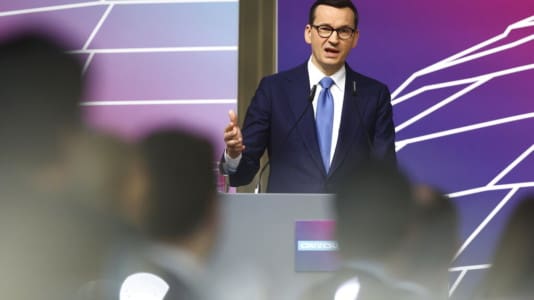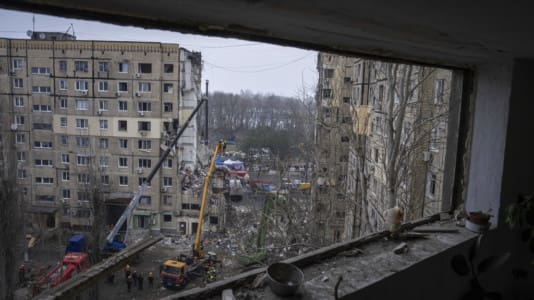Well over a thousand Ukrainian women who found refuge in Poland have signed up to take computer programming classes, which Poland sees as an opportunity to obtain more IT specialists as it grapples with a shortage of skilled tech workers.
Computer programming is a profession dominated by males. This, however, is starting to change, and now with a fresh crop of Ukrainian females, the transition away from a male-dominated profession will likely accelerate. The Polish news outlet Rzeczpospolita reported that 1,400 Ukrainian women have signed up for a programming school project aimed at helping Ukrainian refugees.
Currently, 94 percent of Ukrainian refugees in Poland are women, and one out of three is between 36 and 45 years of age. The free programming courses are aimed at helping women who qualified for the workshop find a job in the evolving job market.
“Training has already started and will last about four months,” said Magdalena Rogóż, who is an expert on Poland’s IT market. “In total, it is around 340 hours of online learning in Ukrainian by a qualified mentor, later supplemented by career guidance, which will help them prepare for job interviews in Poland.”
“As a result, the participants will gain skills allowing them to apply for jobs as Python or frontend programmers,” Rogóż added.
The barriers to enrolling in the course are not high, the course is free, and the only condition for qualifying is knowing English at an intermediate level.
Research by EWL Group shows that 82 percent of Ukrainians who recently arrived in Poland do not have any experience with the Polish job market. What is more, 75 percent are not able to speak Polish or speak it poorly.
However, the potential is substantial. The deficit in the IT market in Poland is said to involve around 25,000 job positions. The Polish Economic Institute (PIE) adds that Poland would need to fill 147,000 job spots in IT in order to match the EU’s average share of IT specialists among all workers.
Ukrainian women who want to enter the field of computer programming in Poland could help the country close what has become a substantial gap.






